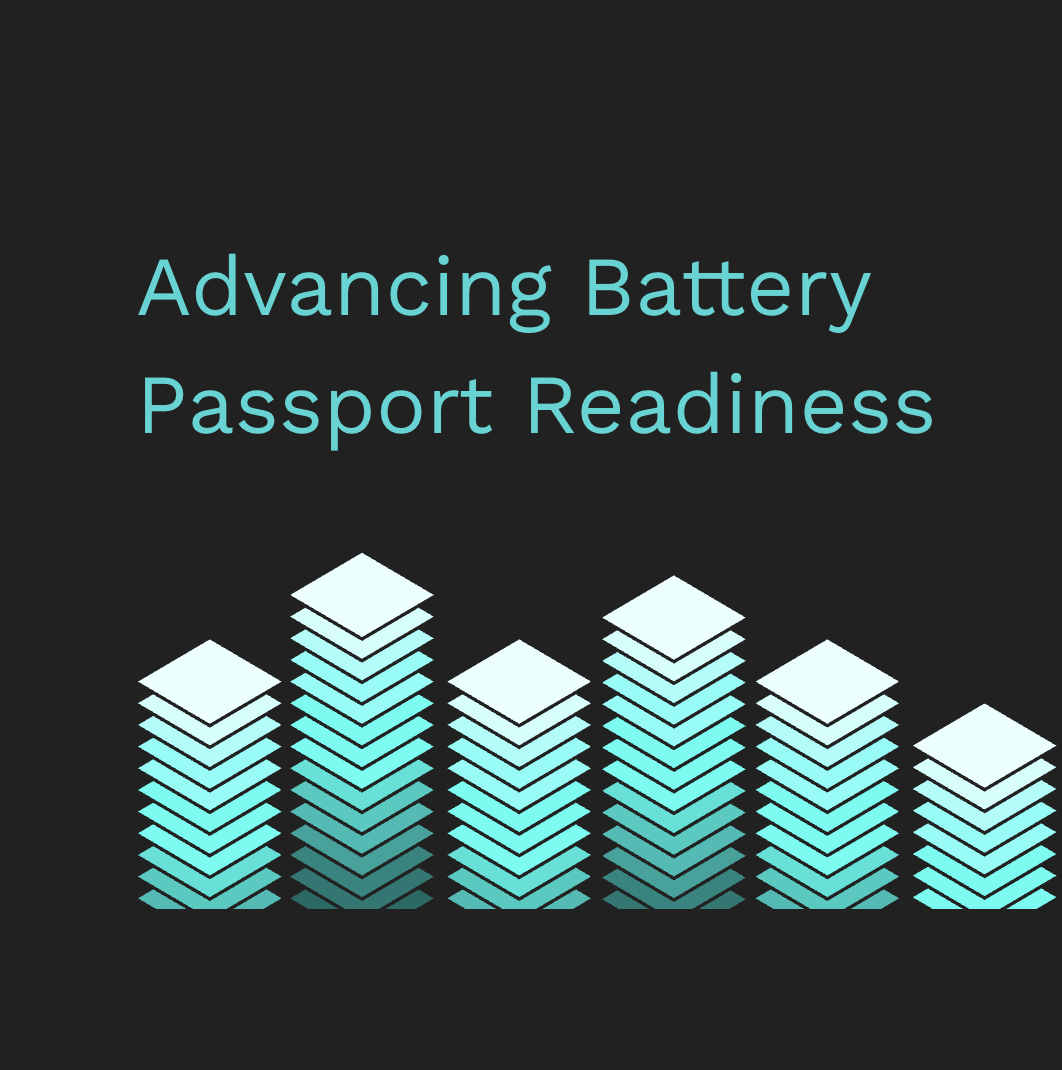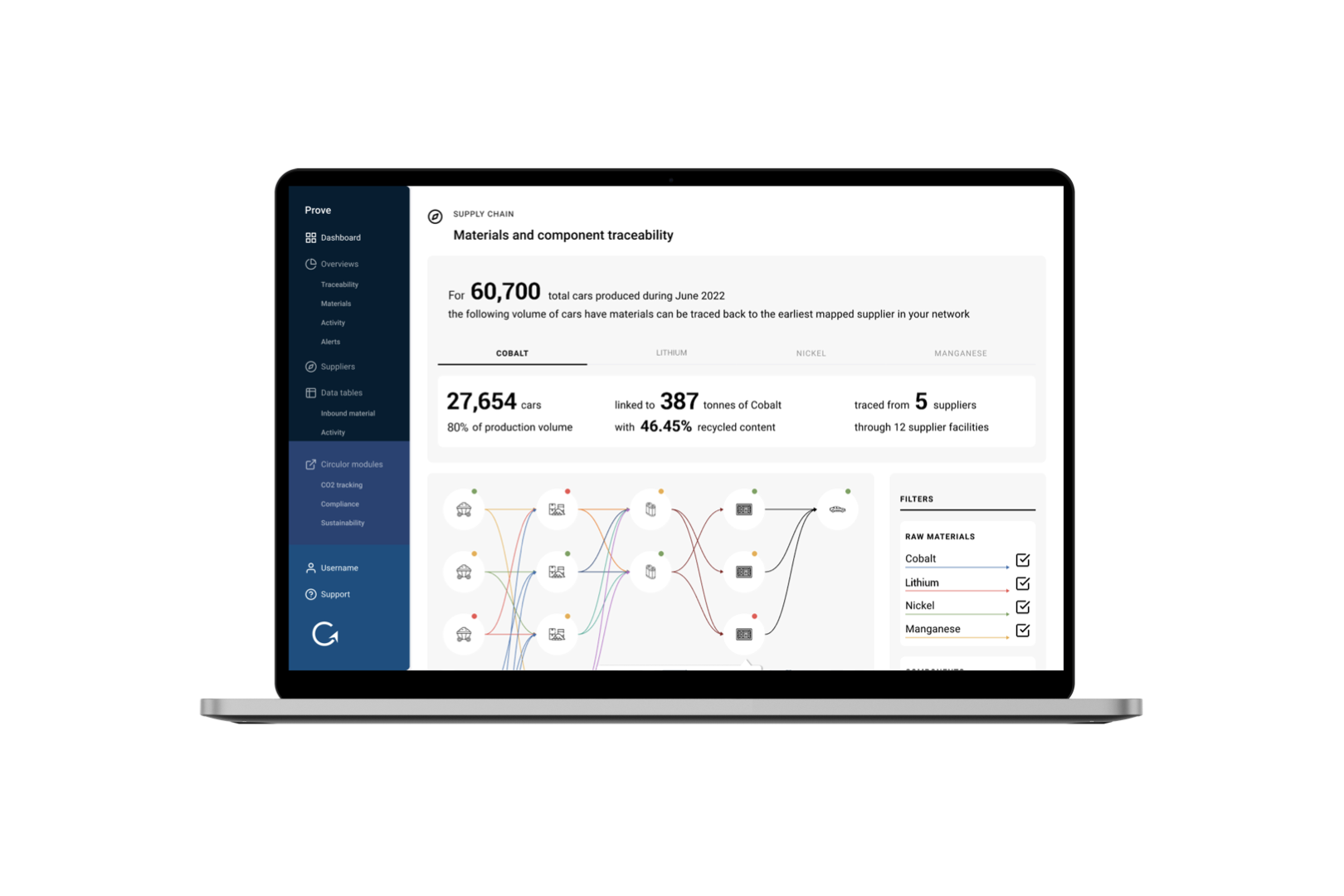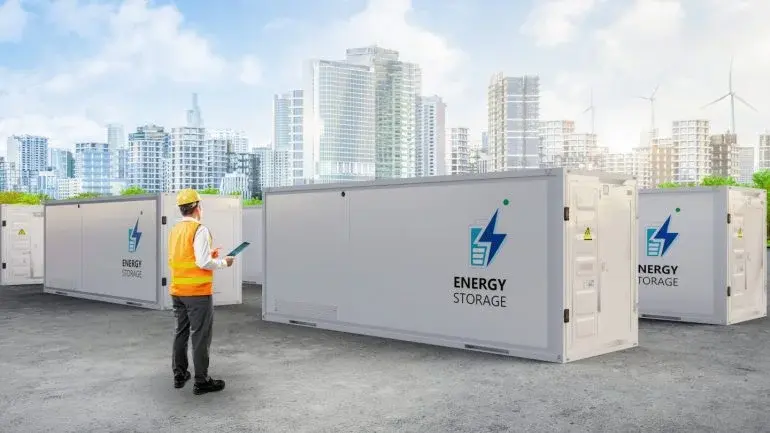
02.09.2024
News
POWER BRIEFING: Circulor discusses digital battery passports
In July, Volvo Cars appeared to be significantly ahead of that schedule when it launched the first commercially available battery passport on its EX90 SUV. The passport was developed in partnership with UK-based Circulor, a company that uses blockchain technology to map supply chains.
Jessica Green, public affairs and strategy manager at Circulor, said it was a project that took a significant amount of time.
“We’ve been working with Volvo since 2018,” she said. “So, I think that gives some kind of concept of the amount of time it takes to actually trace the critical minerals in these batteries and to engage the suppliers.”
Green added that for compliant, production-scale battery passports, the necessary data comes in large volumes on an ongoing basis.
“What Volvo has achieved is significant, because it’s the material traceability of the critical minerals,” she said. “It’s the carbon emissions of the battery, per battery — not just on a general batch level — as well as proving the recycled content.”
Read the full article on Power Progress here.
"With February 2027 still a couple of years away, some manufacturers may only now be looking into what they have to do to comply with the forthcoming EU regulation. Green said work like that completed by Circulor and Volvo Cars can serve as a “lighthouse project.”"
Art Aiello, Editor, Power Briefing







![Acculon RA Circulor - website image.001[44].png](/_next/image?url=https%3A%2F%2Fdecisive-wonder-fa24533282.media.strapiapp.com%2FAcculon_RA_Circulor_website_image_001_44_2720fb315d.png&w=1920&q=75)



